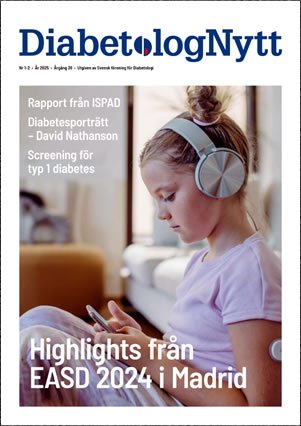BEWARE: Gastric Bypass Increases Risk for New-Onset Alcohol Abuse in patients with alcohol problems before
Roux-en-Y gastric bypass (RYGB) surgery is associated with an increased risk of developing new-onset alcohol abuse, according to findings from a study of 340 patients who underwent the procedure
Stephanie Sogg, PhD, a clinical staff psychologist at the Massachusetts General Hospital Weight Center in Boston, stated that, ”Our data underscore the need for asking patients during their preop evaluation about their use of alcohol, and again when following up after surgery.”
Dr. Sogg said that several years ago she began hearing from patients that not only was alcohol having a far greater effect on them after surgery than before, but also that some were developing full-blown alcoholism after surgery — even if they had never had a previous problem with drinking. And what was most intriguing, Dr. Sogg said, was that many of the people who were becoming alcoholics were middle-aged. That is long after most people begin to have alcohol-related problems. Data from the National Institute on Alcohol Abuse and Alcoholism indicate that the mean age of onset of alcohol abuse is 22 years.
Dr. Sogg mentioned that, ”Although there’s not much in the literature on the subject of alcohol abuse following Roux-en-Y surgery, there’s quite a lot of discussion among weight loss specialists — anecdotal evidence — that this is a problem.”
To find out more about a possible link, Dr. Sogg conducted telephone interviews with 340 patients who had undergone RYGB surgery at Massachusetts General Hospital in Boston. All procedures had been carried out at least 18 months before the survey. About three quarters of the patients were female, and 91% were white. Mean age at the time of surgery was 46 years, and the mean time since surgery was 57 months.
Surveyors asked patients to quantify their preoperative and postoperative alcohol intake. Patients were also asked about how alcohol affected them both before and after surgery.
”We decided to ask about quantity and frequency rather than specific symptoms of alcohol abuse,” Dr. Sogg said. ”That’s because we felt patients would be more comfortable reporting quantitative data rather than answering more subjective questions about their drinking.”
More than two thirds of participants said they were affected more by alcohol after surgery than before, she said.
Problem drinking was defined as consuming at least 3 drinks per day on at least 4 days per week, or having 5 or more drinks on at least 2 days per month. Dr. Sogg stated that they found a significant increase in risk of new-onset postsurgical alcohol abuse among these patients.
They defined ”remote” problem drinking as problem drinking that had ceased more than 6 months before surgery. If patients were having drinking problems within the 6 months before surgery, that was defined as ”immediate” problem drinking, Dr. Sogg explained. About 21% of participants reported having drinking problems at some point before surgery. In all, 15% reported a remote history and 6.5% reported having an immediate problem.
Approximately 9% of participants reported a period of problem drinking after their surgery. Problem drinking after surgery was associated with younger age (P = .040), longer time since surgery (P = .001), and a higher baseline body mass index (P = .049). Drinking problems within 6 months prior to surgery strongly predicted problem drinking after surgery. However, a remote history of problem drinking was not associated with having drinking problems after surgery (odds ratio, 1.01; P = .99), she noted. Of particular note, Dr. Sogg said, was that 7% of patients surveyed reported new-onset problem drinking after RYGB. However, no clinical or demographic variables were identified as predictors of new-onset drinking problems.
In the population as a whole about 90% of alcohol problems develop before the mid-30s. The mean age of the sample was 46. So it’s troubling to find how relatively common new-onset alcohol problems were in this population of patients.
On the basis of the study results, clinicians need to increase their focus on the potential of alcohol-related RYGB complications. That means better patient education, better screening, and better efforts at prevention, both before and after surgery;
Obesity 2011: The Obesity Society 29th Annual Scientific Meeting; Abstract #21-OR. Presented October 5, 2011. From Medpage Today
Nyhetsinfo
www red DiabetologNytt
Publicerad: |2011-10-13|


